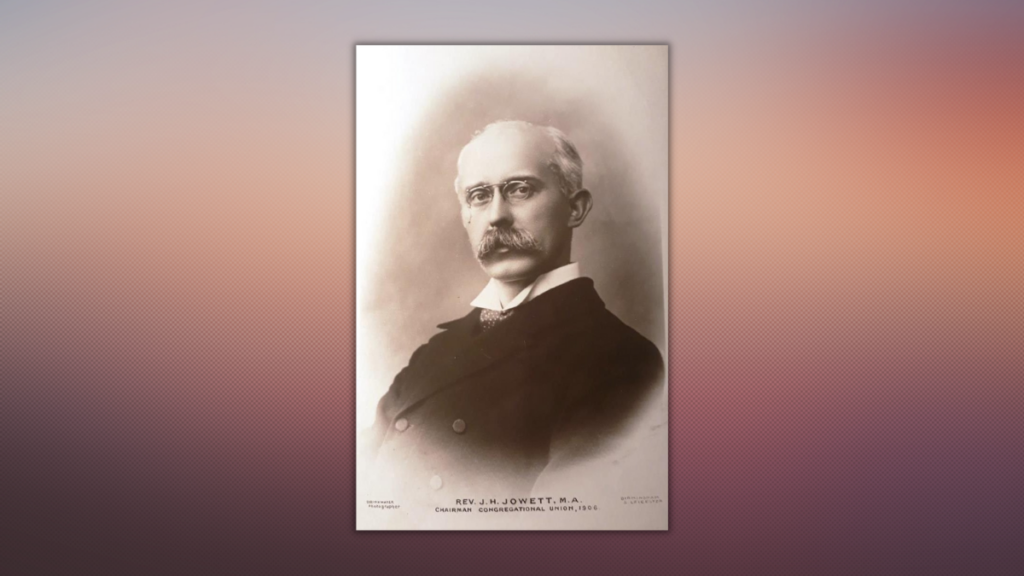By J. Daniel Raulerson, M.D.
Brewton, Ala.
Several months ago, The Alabama Baptist printed a letter to the editor from a retired counselor whose work included the areas of “crisis intervention, suicide prevention, domestic violence and at-risk youth.”
He told of the very painful death of his brother with widespread metastatic cancer. He stated his belief that this horrible ordeal could have been better managed if “medical marijuana” had been available.
First of all, “medical” marijuana (cannabis) is a misnomer. The proposed medical benefits of marijuana have never been rigorously tested, as is required of all prescription medications.

There have never been “prospective” controlled studies of marijuana. Instead, the proposed benefits have come from “retrospective” questionnaires from users.
Until marijuana is tested like all other legitimate drugs, it should not be prescribed as a medicine.
Misleading data
Secondly, Alabama doctors were sent a questionnaire about our attitude about the legalization of marijuana. Unfortunately, it was worded in such a way that the author got the results she was looking for. It appeared the doctors surveyed supported legalization.
Legislators have been led to believe the public wants it, doctors support it, and the state treasury will benefit from its taxation. This is shortsighted.
In the last two years, Alabama has seen as many DUI arrests due to marijuana as alcohol. Who is going to pay for the medical care of those injured in automobile accidents? It will fall primarily to the taxpayer.
I am a semi-retired internal medicine physician and the medical examiner/coroner of Escambia County. In case after case of suicide and accidental death in my county, I find the presence of marijuana (along with several other drugs) in the blood specimens I draw. Although the level is never high enough to have caused the death, I believe that like alcohol, marijuana serves as an “enabler” for the user to take chances an otherwise sober person would not take.
Adversely affected
There is also research which suggests that the adolescent (and therefore still developing) brain is likely to be the most adversely affected and possibly permanently affected by marijuana.
Are we going to be complicit in the development of a generation of mentally crippled people, and possibly their children, by what we are allowing?
The child who finds grandma’s “marijuana nerve pills” in her medicine cabinet is at risk. They are bound to conclude that if it’s OK for grandma it can’t possibly be that bad for them.
I urge my fellow concerned Christians to fight to keep marijuana dispensaries out of our counties and cities and to get Alabama’s medical marijuana law repealed.
Keeping kids drug-free
According to the National Center for Drug Abuse Statistics, drug use among eighth graders increased by 61% between 2016 and 2020.
Keeping kids off drugs is extremely important, but it can be difficult for many parents and caregivers. A frank and open discussion with your child is one of the best ways to keep them drug-free. Talk to them about the dangers of drugs and how drugs can harm their physical and mental health.
It would be best if you also discussed the legal implications of drug use with your children. Emphasize the importance of staying away from drugs because of the horrible repercussions they could face.
Find more tips on preventing drug abuse at alcap.com/4-ways-to-keep-your-kids-drug-free.
October is Pastor Appreciation Month
October is Pastor Appreciation Month. In the coming weeks, TAB will share ideas from various sources of ways you can bless your pastor and his family this month.
The suggestions below are from ChuckLawless.com.
- Ask him, “What can I do to most help you?” You might be surprised by his answer. He might have immediate needs. If not, tackle some immediate tasks for him. Cut the grass. Paint a room. Power wash the deck. Just do something.
- Provide gifts for his wife and children. The church that loves a pastor’s family will have a pastor who loves them.
- Give him an Amazon tree. The “tree” might be an artificial plant, but the leaves are Amazon gift cards. Every pastor I know wants more books.
- Make a personal commitment not to speak ill of him — or listen to those who do. Support him in front of others.
- Give him an extra week of vacation. Even if it’s only for this year, he’ll be appreciative.
- Commit to praying for him daily — and then be sure to do it. Let him know you’re doing it, too. He’ll be grateful.
Wednesday night meal ministry
By Chip Warren
Albertville, Alabama
The primary goal of the Wednesday night meal ministry is to make it easier for people to attend the Wednesday night activities.
And while the church needs to be a good steward of money, it needs to look at the Wednesday night meal as a ministry, not a business operation. Seeing it as a ministry (rather than trying to cover the cost) is the key to its success.
Other benefits include:
- Fellowship.
- Assimilation.
- Place for lots of volunteers to serve.
- Place for community for retirees and seniors.
- Outreach opportunity.
Whether you are resuming your meal or starting for the first time, here are a few things I have learned over the years.
First, provide an adequate window of time for serving the meal. Some can come early, but working folks cannot. The biggest mistake I have observed over the years is starting too early and closing down too early. Select volunteers who are not in a hurry to finish up and “get out of the kitchen.”
Second, do not ask people to bring food. That defeats the goal of making it easier for families to be there on Wednesday night. The ideal situation is to hire someone to cook the meals, assisted by volunteers.
Third, charge a fair but not prohibitive price for the meal. Make arrangements for those who cannot afford to pay.
Fourth, provide a kids’ meal option.
Fifth, a reservation system will increase attendance and reduce the amount of leftovers.
Reminder: The meal itself will not bring people out on Wednesday night. You must provide quality programming for all ages.
The Lord’s Prayer serves as a prescriptive model for cooperation, as it presents Christianity as a community. Jesus’ instruction in prayer emphasizes “Our Father” over “My Father” and “our daily bread” over “my daily bread.” God forgives not only “my trespasses” but “our trespasses.”
The New Testament is replete with descriptive examples. In Acts 4:32–35, we see people cooperating to produce a great act of generosity. Those early believers shared their possessions so that no one was without. In Acts 6:1–7, we witness the power of ecclesiastical cooperation as the church appointed leaders to ensure the needs of all members were met. Later, we see the strength of cooperative evangelism when Paul partnered with Timothy, Titus and others to spread the gospel.
This illustrates that cooperation transcends mere utilitarian concepts of becoming “better” or “stronger.” Instead, cooperation emanates from the intrinsic bond among followers of Jesus, fostering a resilient community anchored in the unity of a common faith.
Jared Wellman
Pastor of Tate Springs Baptist
Church in Arlington, Texas, and chair, SBC Cooperation Group
Hey preacher! You have a limited number of sermons to preach before you die. Make them count.
@hbcharlesjr
X (formerly Twitter)
The cure for whatever ails a Baptist church is more baptisms. … Baptism is a powerful declaration of public witness, not just for the baptismal candidate but for the church gathered as people remember their own baptismal moment.
Baptisms by immersion are also a novelty for many unbelievers who have never seen one in person. When new believers invite their friends to their baptism, they will often come.
The event then becomes more than a religious ritual. It becomes a gospel-declaring event. … Nothing shouts “new life” — both for individuals and for a church family — like baptism.
Jeff Iorg
President, Gateway Seminary
I love where God has me, and I don’t want to go to the next chapter until He’s ready for me to move on. That’s my prayer all the time. You’ve got me here for a reason. Please show me what it is. Help me understand it.
David Pollack
Former ESPN GameDay analyst
Denying self means submitting every goal, plan or aspiration to Jesus because you are a servant of Christ. Following Jesus requires a radical reorientation of life. (See Mark 8:31–9:1.)
Mark Rathel
Oct. 8 Bible Studies for Life commentary, The Baptist Paper







Share with others: